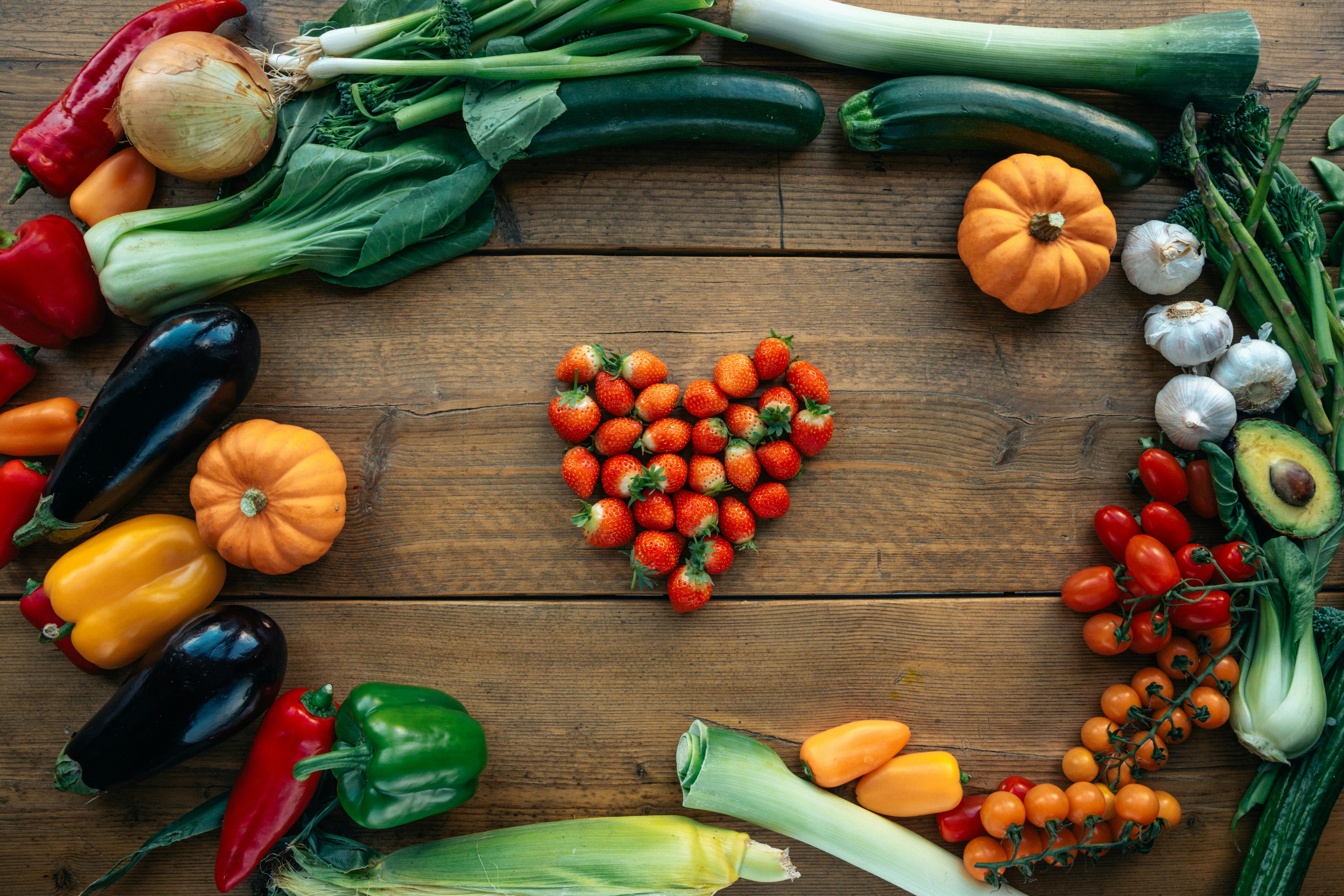A healthy heart is essential for a long and vibrant life. Fortunately, one of the best ways to protect your heart is by choosing the right foods. The foods you eat have a significant impact on your cardiovascular health, influencing cholesterol levels, blood pressure, and inflammation in your body. Incorporating heart-healthy foods into your diet can lower your risk of heart disease and boost your overall well-being. Here are the top 10 foods that promote heart health and should be added to your diet.
1. Fatty Fish
Fatty fish, such as salmon, mackerel, sardines, and tuna, are rich in omega-3 fatty acids. Omega-3s are essential fats that help reduce inflammation, lower blood pressure, decrease triglycerides, and reduce the risk of arrhythmias (irregular heartbeats). Eating two servings of fatty fish per week is recommended to support heart health.
2. Leafy Green Vegetables
Spinach, kale, and other leafy greens are packed with vitamins, minerals, and antioxidants. They are particularly high in vitamin K, which helps protect your arteries and promote proper blood clotting. Leafy greens are also a great source of dietary nitrates, which help lower blood pressure and improve arterial function, both of which are crucial for heart health.
3. Berries
Berries, such as strawberries, blueberries, raspberries, and blackberries, are rich in antioxidants like anthocyanins. These compounds protect the heart by reducing inflammation, lowering oxidative stress, and improving blood vessel function. Berries are also high in fiber, which can help lower cholesterol levels. Including a handful of berries in your daily diet can boost your cardiovascular health.
4. Nuts
Walnuts, almonds, and other nuts are a powerhouse of heart-healthy fats, including omega-3 fatty acids and monounsaturated fats. Nuts also contain fiber, vitamin E, and magnesium, which help lower LDL (bad) cholesterol, reduce inflammation, and improve the elasticity of blood vessels. Eating a small handful of nuts a few times a week has been shown to reduce the risk of heart disease.
5. Whole Grains
Whole grains, such as oats, quinoa, brown rice, and whole wheat, are an excellent source of fiber, which helps lower cholesterol and reduce the risk of heart disease. They also contain important nutrients like B vitamins, which support heart function by reducing homocysteine levels, an amino acid linked to heart disease. Swapping refined grains for whole grains in your diet is a simple way to promote heart health.
6. Avocados
Avocados are an excellent source of monounsaturated fats, which are known to support heart health by lowering levels of LDL cholesterol. They are also rich in potassium, a mineral that helps regulate blood pressure and reduce the risk of heart attacks and strokes. Adding avocado to salads, sandwiches, or smoothies is an easy way to incorporate this heart-healthy food into your diet.
7. Olive Oil
Olive oil is a staple of the heart-healthy Mediterranean diet and is rich in monounsaturated fats and antioxidants. It has been shown to reduce inflammation, improve cholesterol levels, and lower blood pressure. Cooking with olive oil or drizzling it over salads and vegetables can provide significant heart benefits.
8. Beans and Legumes
Beans and legumes, such as lentils, chickpeas, black beans, and kidney beans, are packed with fiber, plant-based protein, and minerals that support heart health. They help lower cholesterol, regulate blood sugar levels, and reduce blood pressure. Replacing some animal protein with beans and legumes in your meals can significantly improve heart health.
9. Tomatoes
Tomatoes are rich in lycopene, an antioxidant that has been linked to lower levels of LDL cholesterol and reduced blood pressure. Lycopene helps reduce oxidative damage and inflammation, both of which are risk factors for heart disease. Whether eaten raw in salads or cooked in sauces, tomatoes are a delicious way to boost heart health.
10. Dark Chocolate
Believe it or not, dark chocolate can be good for your heart, but the key is moderation and choosing chocolate that contains at least 70% cocoa. Dark chocolate is rich in flavonoids, antioxidants that improve heart health by reducing inflammation, improving blood flow, and lowering blood pressure. A small piece of dark chocolate a few times a week can satisfy your sweet tooth while providing heart-healthy benefits.
Conclusion
Eating for heart health doesn’t have to be difficult. By incorporating these top 10 heart-healthy foods into your diet, you can improve cholesterol levels, reduce blood pressure, and decrease inflammation, all of which contribute to a healthier heart. Fatty fish, leafy greens, berries, nuts, whole grains, and other nutrient-dense foods provide essential nutrients that support cardiovascular function and help protect against heart disease. Start adding these foods to your meals today and give your heart the nourishment it needs for long-term health and vitality.




